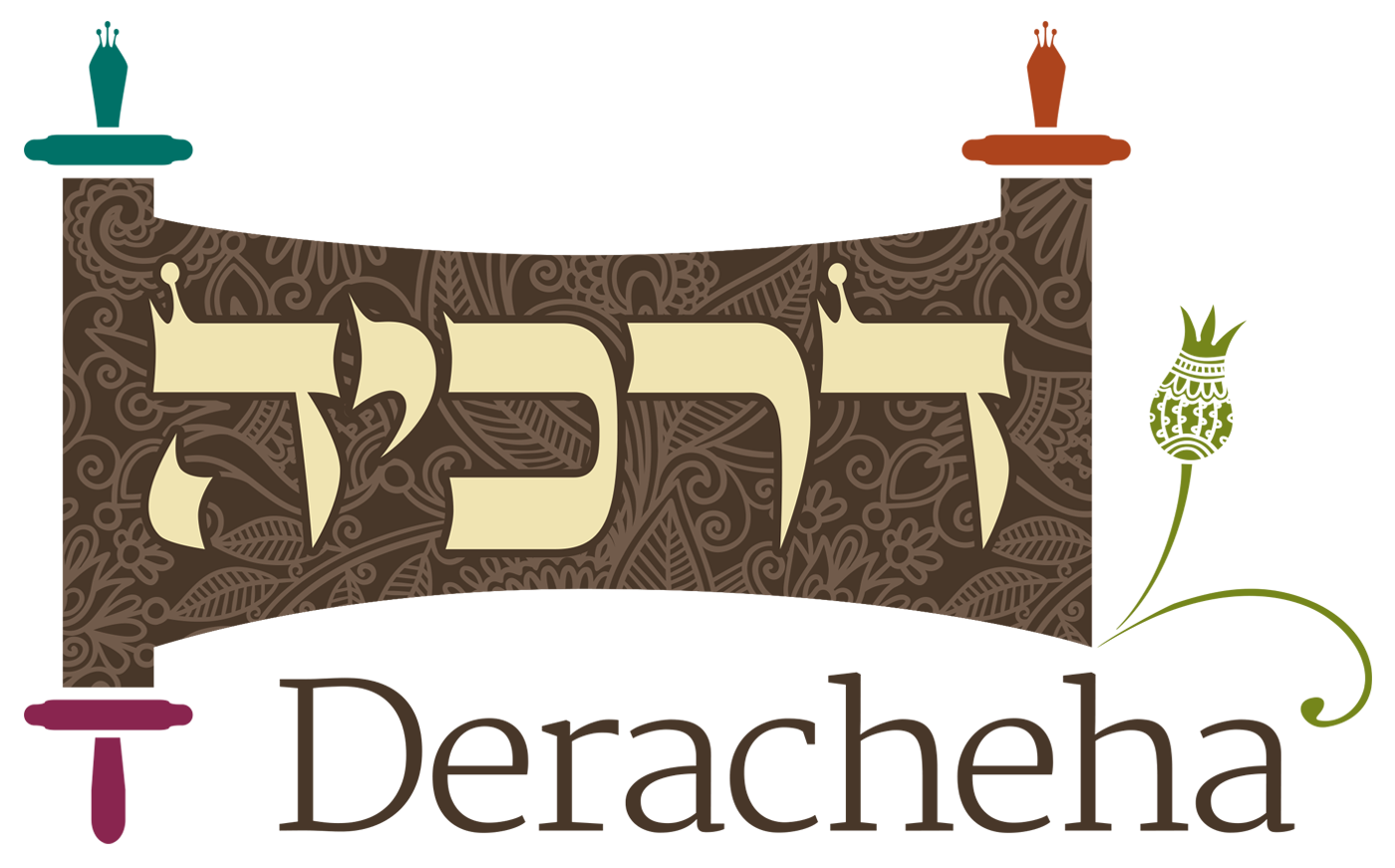Tikkun Leil Shavuot
Click here to view an updated version of this shiur with additional features on the Deracheha website.
Did you know there's more to Deracheha than our shiurim? Sign up for our newsletter here and get all our content!
Have some feedback for us? Please click here!
By Laurie Novick
Rav Ezra Bick, Ilana Elzufon, and Shayna Goldberg, eds.
Why should someone stay up to learn Torah on Shavuot night?
According to the Zohar, the pious learn Torah on Shavuot night in order to adorn (le-taken) kenesset Yisrael, the metaphysical essence of the Jewish people past and present, with Torah, in preparation for her wedding with God. That wedding is renewing the covenant of Sinai, which takes place on Shavuot.
There is also a more straightforward explanation. A midrash states that God found benei Yisrael asleep when it was time to give Israel the Torah. Magen Avraham suggests that this shortcoming demands rectification (tikkun), when we receive the Torah anew each Shavuot.
What is studied?
Building on a description found in the Zohar, Arizal lays out a program of study, known as tikkun leil Shavuot, that includes the beginnings and ends of most portions of Torah or books of Tanach and then moves on to kabbala. This study may complete the kabbalistic process of rectification (tikkun) of the sefirot begun by sefirat ha-omer.
Rationalists, however, may emphasize that the key is to be attentive to Torah all night, not merely to recite tikkun leil Shavuot.
How does this discussion relate to women?
Ben Ish Chai maintains that tikkun leil Shavuot is irrelevant to women. A woman may not attend the bride for kabbalistic reasons, and cannot complete a process begun by counting the omer if she didn’t fulfill that mitzva.
Rav Ya’akov Chayim Sofer, on the other hand, also a kabbalist, points out that women who count the omer should recite tikkun leil Shavuot. He notes that women who did not count the omer should still find something to learn in the spirit of the holiday.
What are the implications for practice?
The viewpoint that women should make an effort to learn Torah Shavuot night finds support among kabbalists and rationalists alike. However, learning Torah all Shavuot night is not a halachic obligation for women or men, and need not include staying up all night, especially if it will interfere with fulfilling mitzvot and proper functioning on Shavuot day.



This website is constantly being improved. We would appreciate hearing from you. Questions and comments on the classes are welcome, as is help in tagging, categorizing, and creating brief summaries of the classes. Thank you for being part of the Torat Har Etzion community!